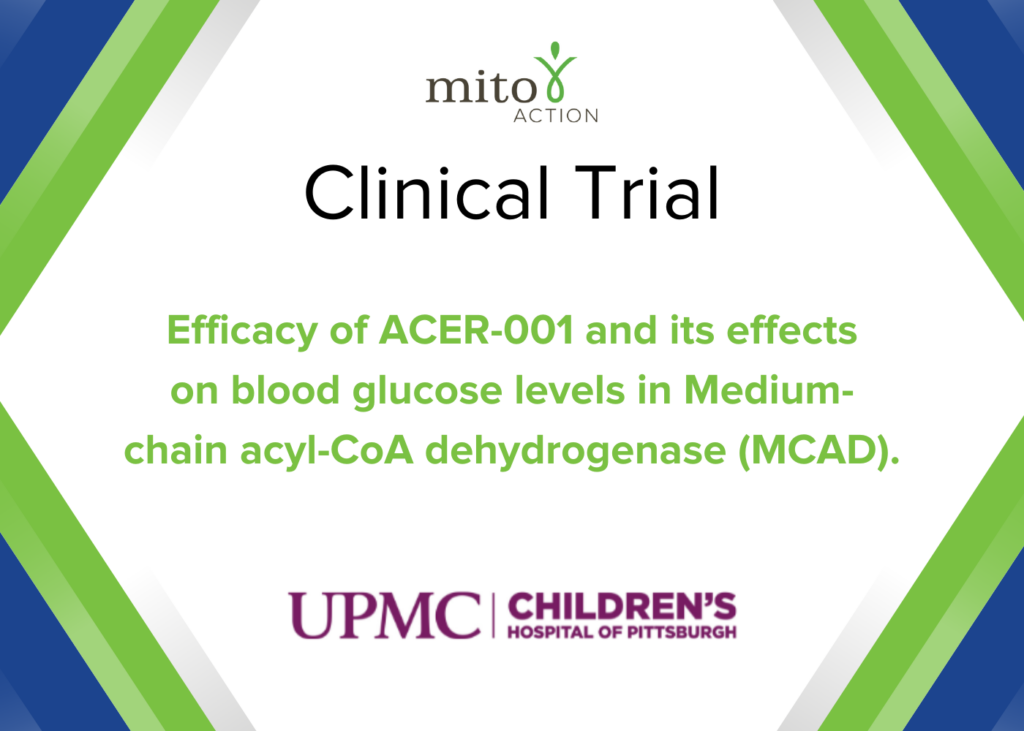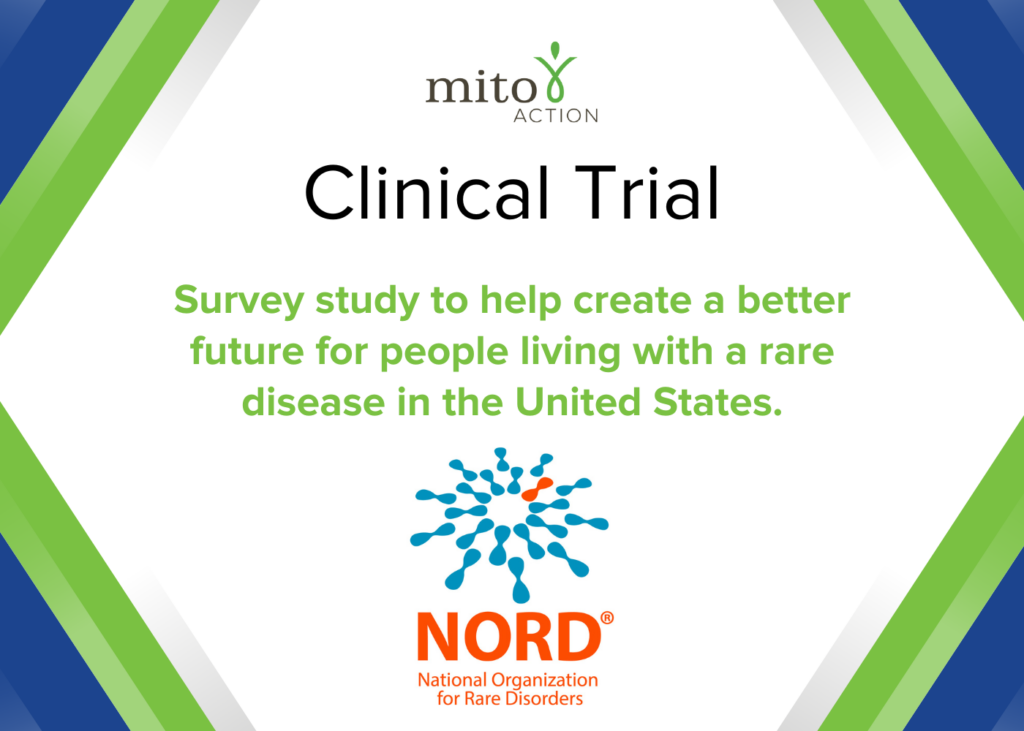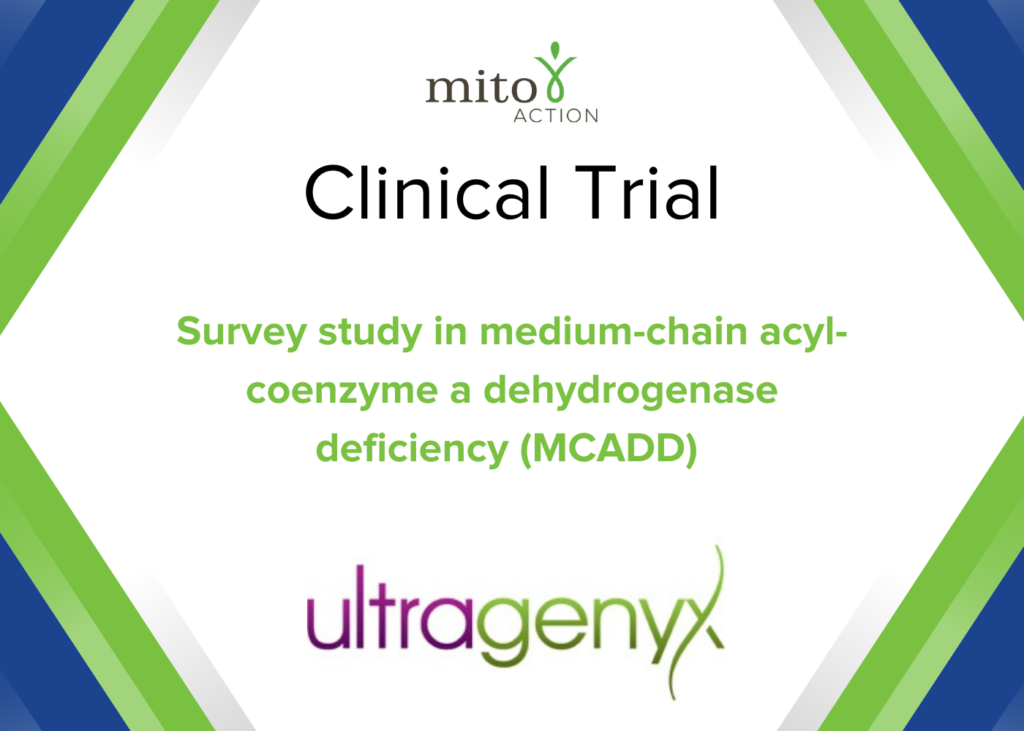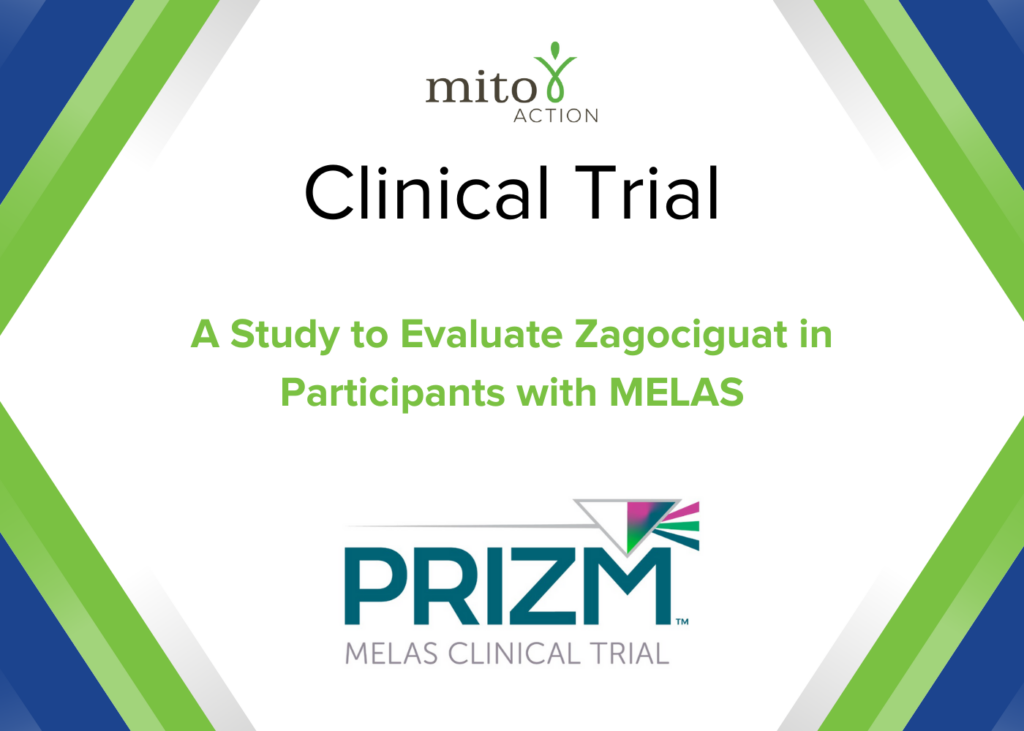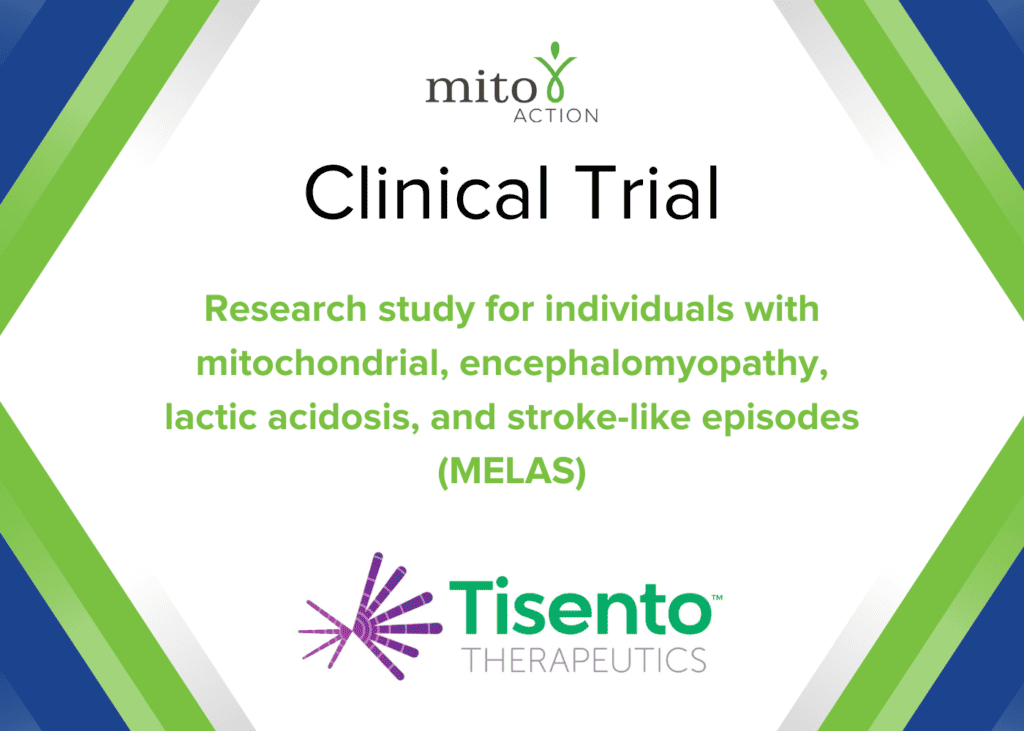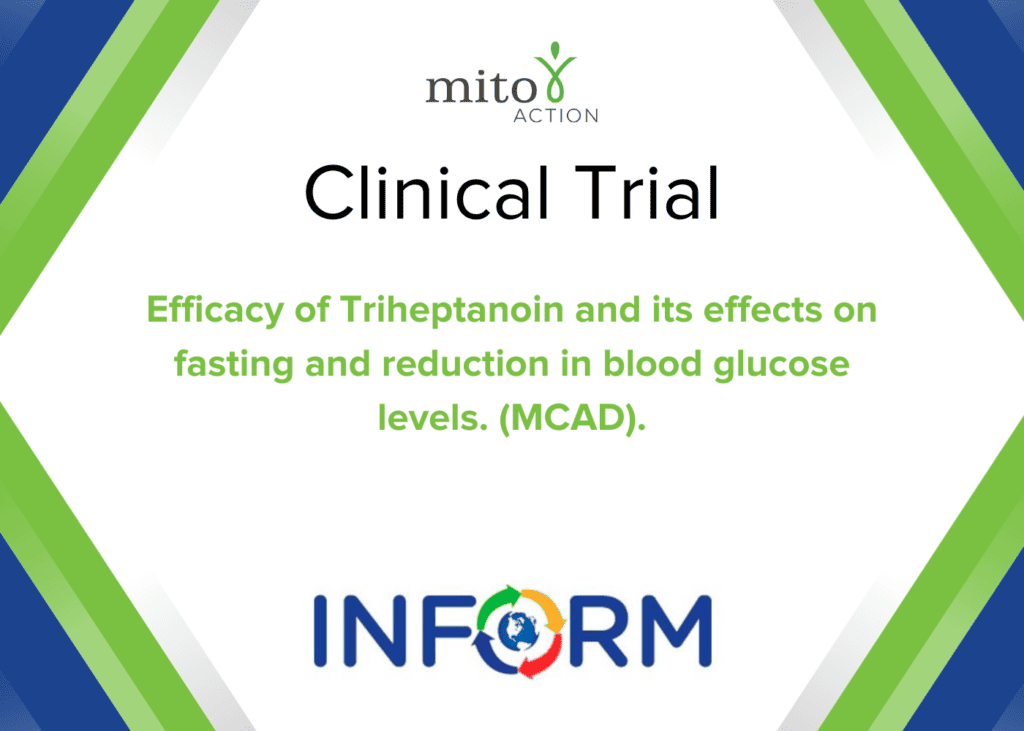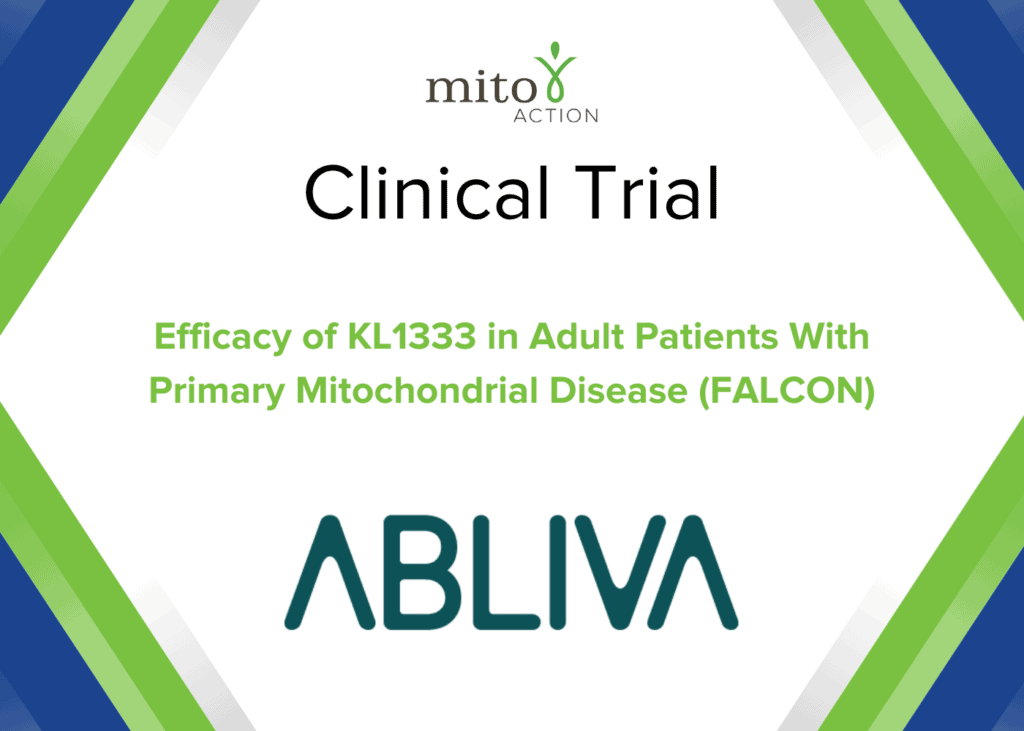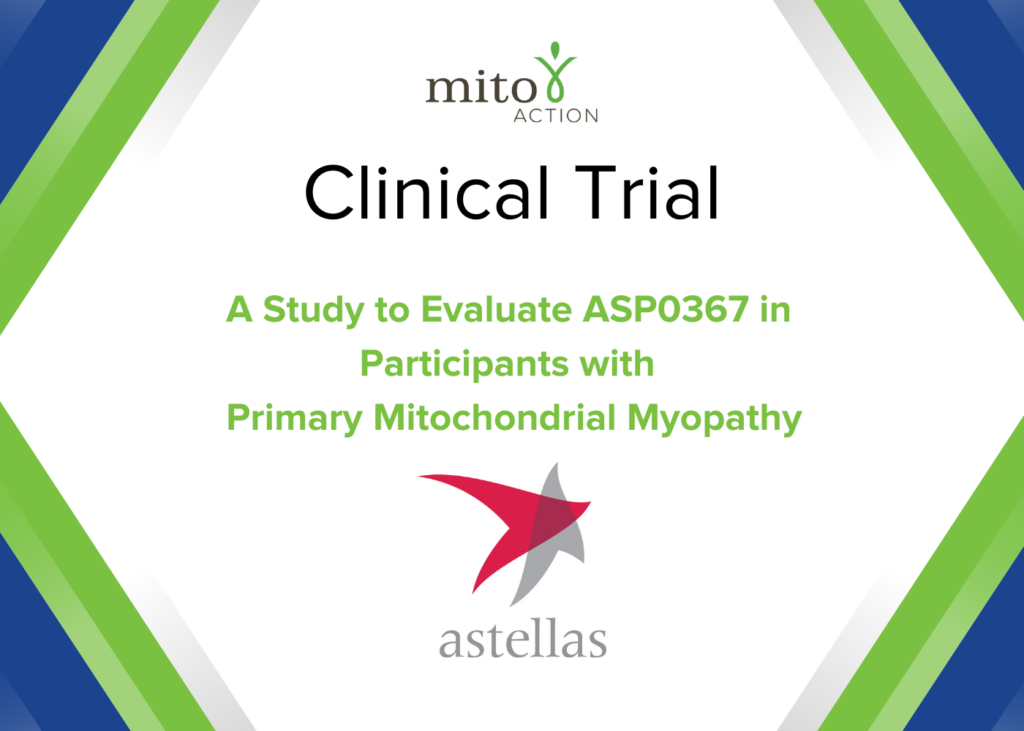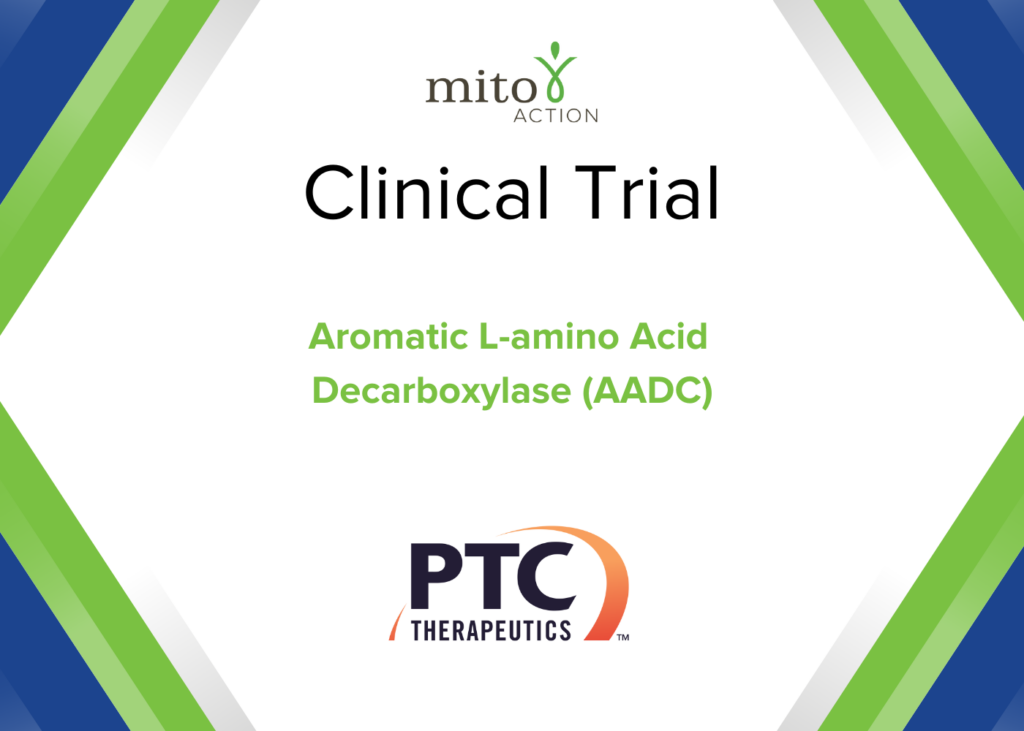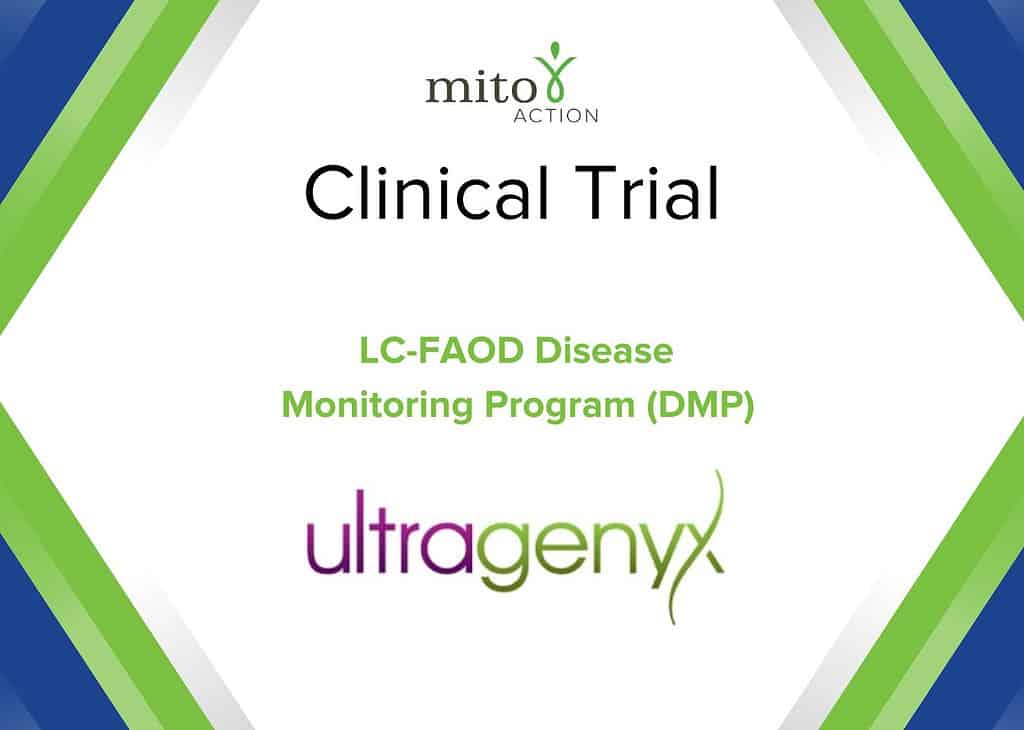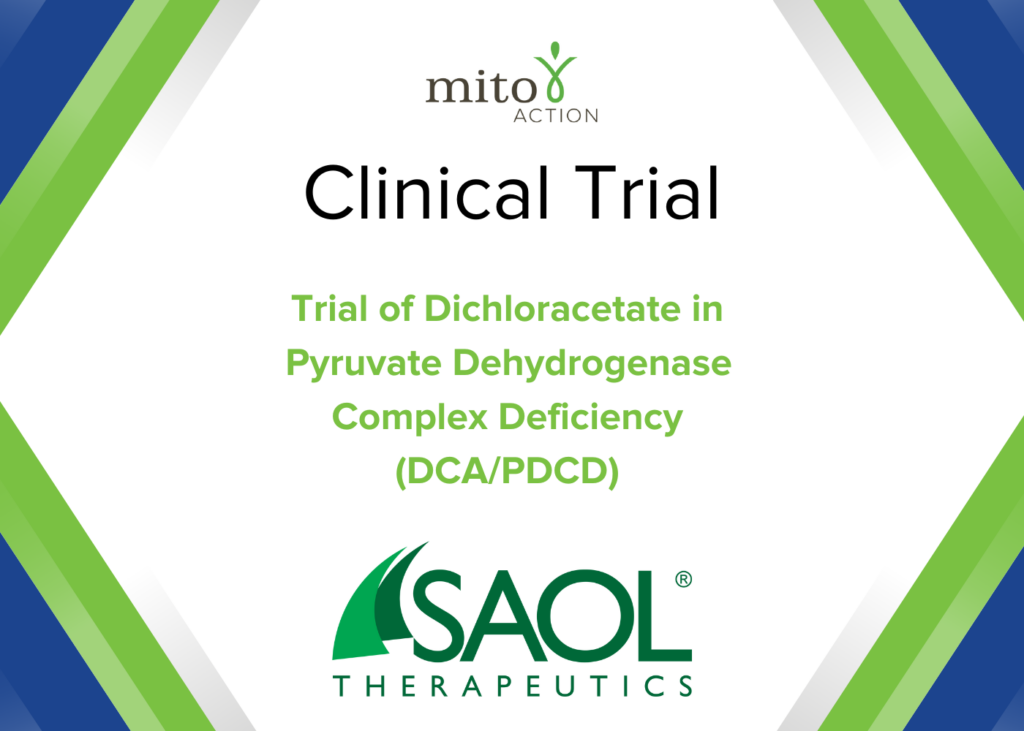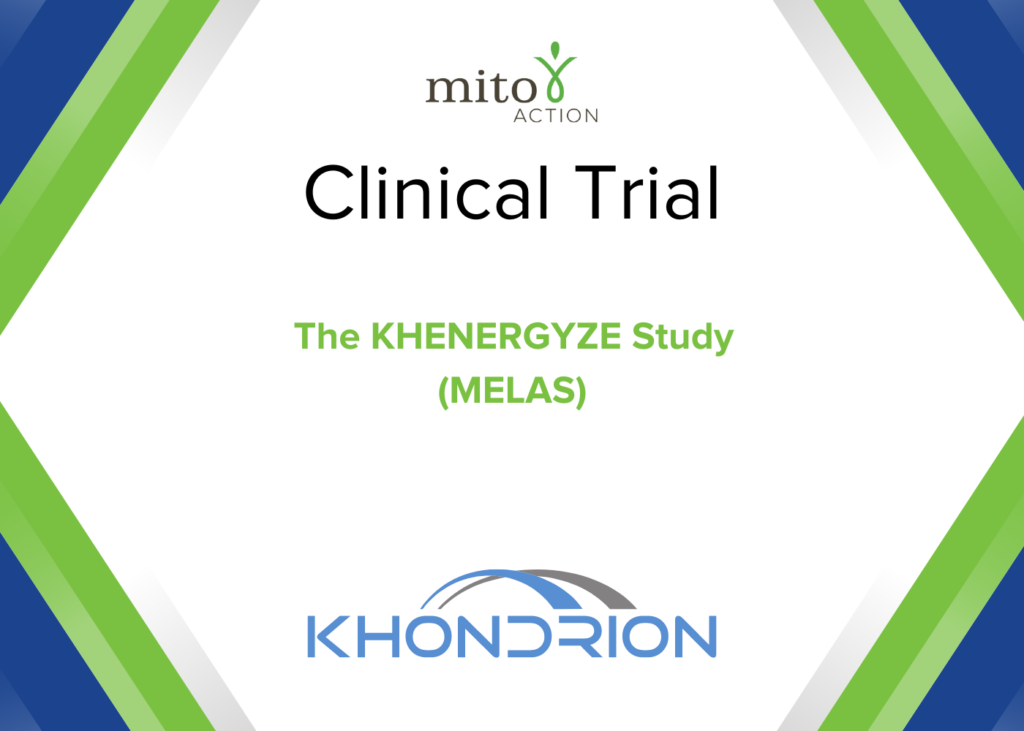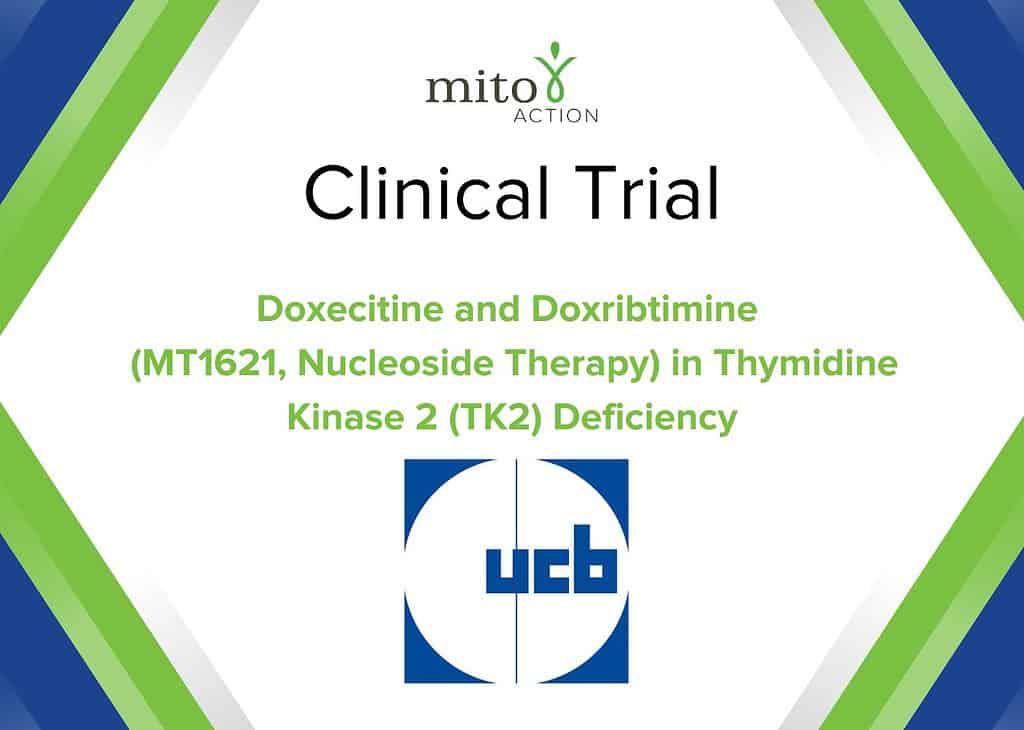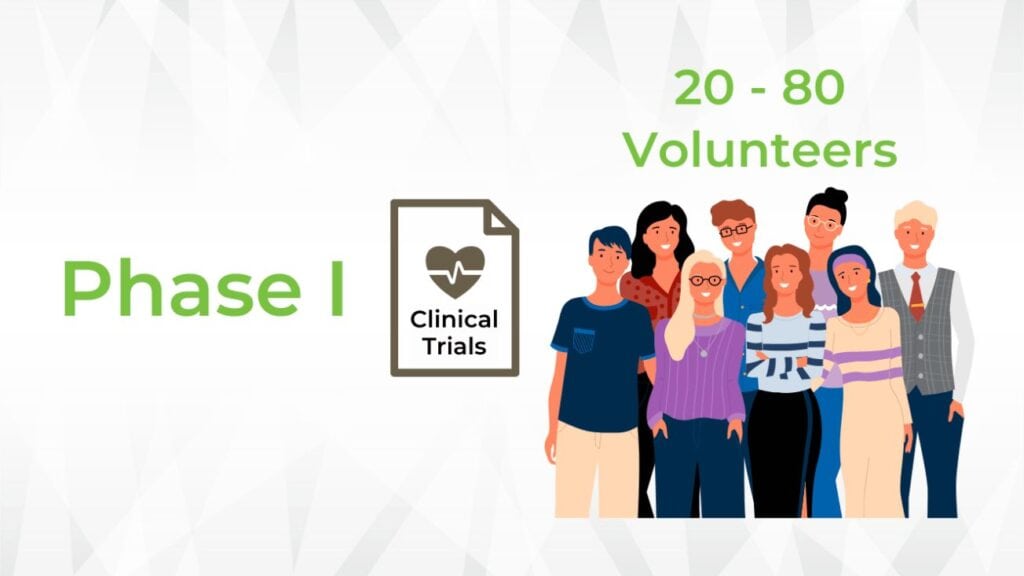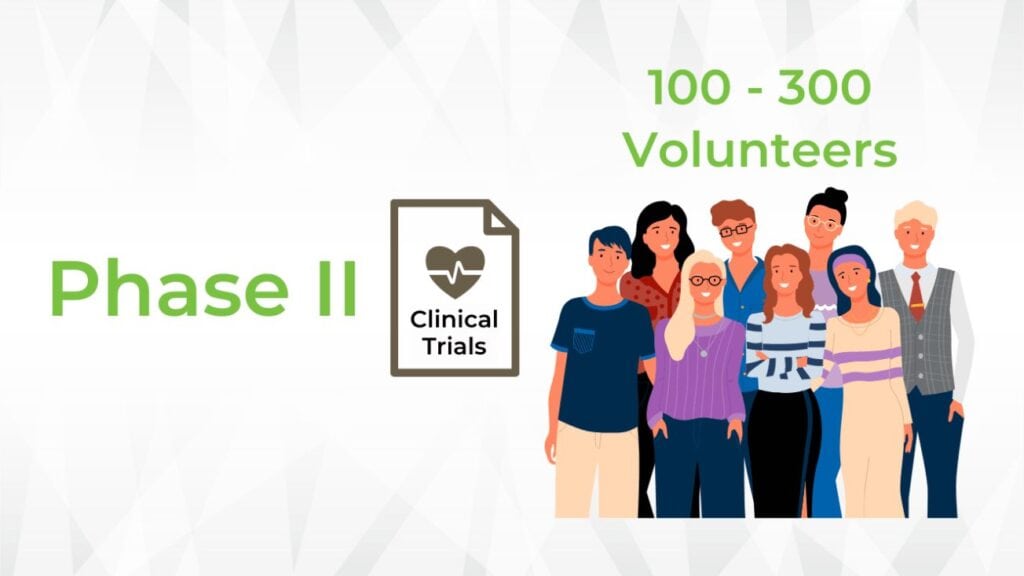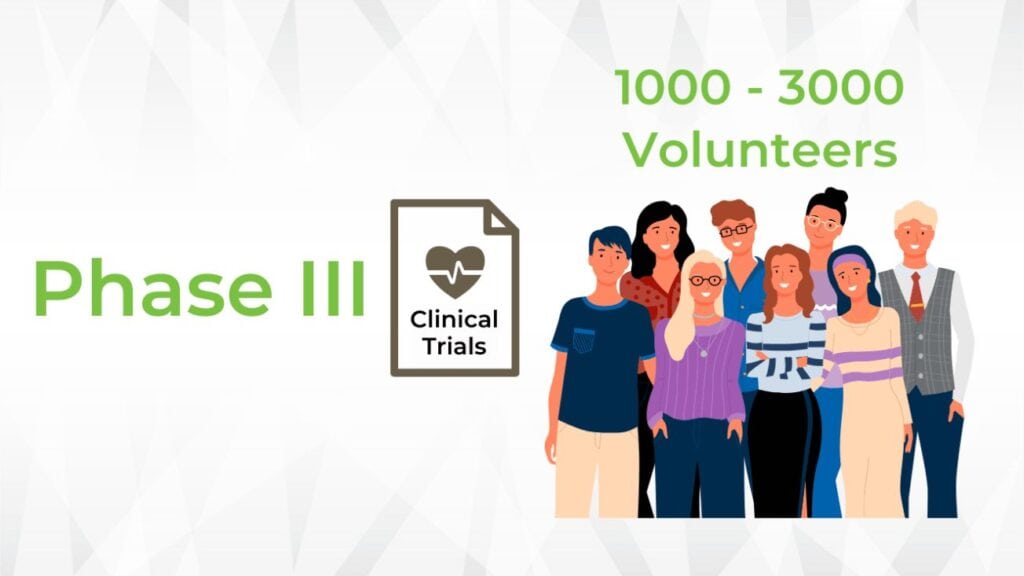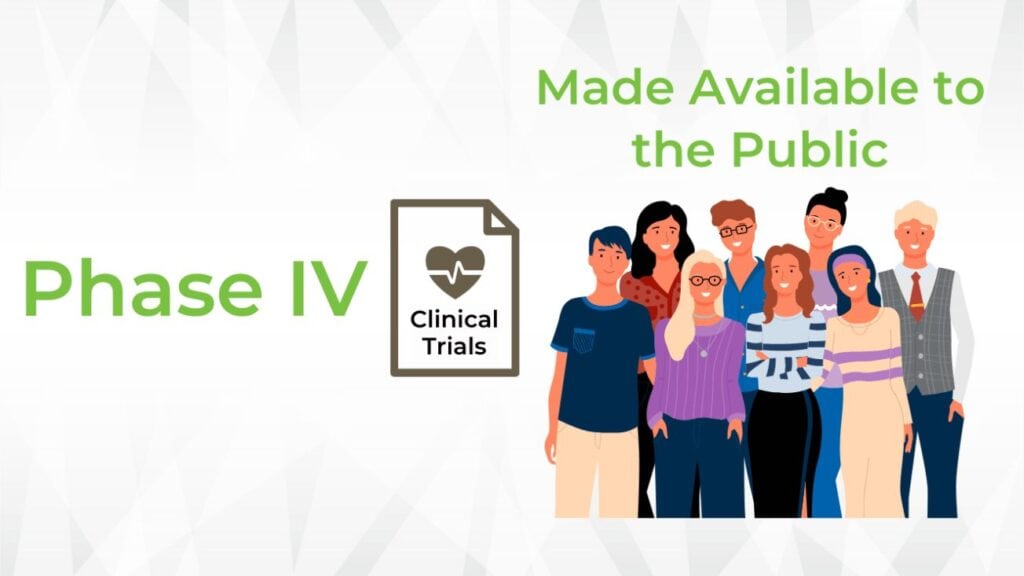Clinical trials are a key component of research. Scientists use medical knowledge to ask and answer scientific or medical questions in areas such as medication, medical device, teaching concepts, or behavioral change. Researchers first test new therapies in labs and/or animals. Treatments that are safe are moved into clinical trials to move the drug or therapy toward approval by the FDA.
Commonly Used Terms
This list was developed to provide easy-to-understand definitions of commonly used terms in clinical trials. Commonly Used Clinical Terms
Types of Clinical Trials
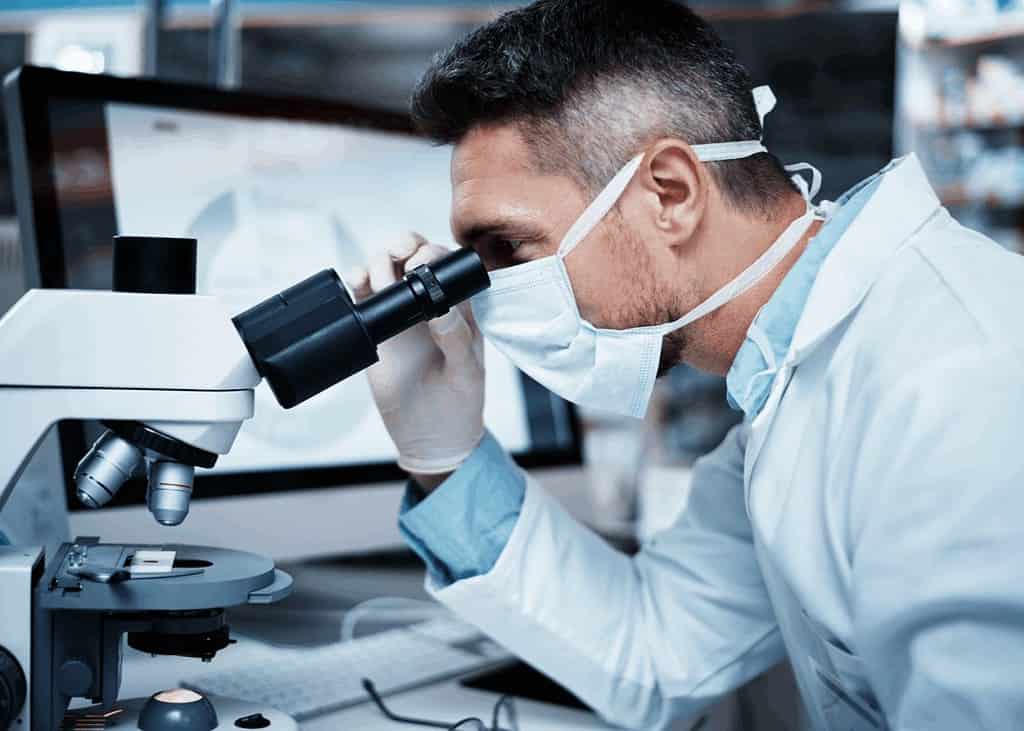
Treatment
Test new treatments or devices, new combinations of drugs, or new approaches to surgery or radiation therapy. Treatment trials are often categorized by phases I through III.
Natural History
Provide information about how health and disease progress over time.
Prevention
Evaluate the effectiveness of ways to reduce the risk of developing a disease or preventing a disease from returning.
Diagnositic
Develop better tests or procedures to identify/diagnose a particular disease or condition.
Screening
Assess new ways of detecting disease earlier in healthy people.
Quality of Life (or Supportive Care)
Evaluate measures to improve comfort of and quality of life for people with chronic illnesses through better therapies or psychosocial interventions.
Clinical Trial Phases

“At the end of 2024, regulatory submissions of doxecitine and doxribtimine in thymidine Kinase 2 deficiency (TK2d) occurred as planned and were accepted in February 2025 for review by the European and U.S. authorities. In the U.S., the application has been granted a priority review, Breakthrough Therapy Designation and Rare Pediatric Disease Designation.”
Click HERE to read the full press release from UCB

“Stealth BioTherapeutics Announces PDUFA Action Date Extension for Elamipretide to Treat Patients with Barth SyndromeA rare, genetic disorder of lipid metabolism that primarily affects males..”
Click HERE to read the full press release from Stealth

“Saol Therapeutics announces FDA acceptance of New Drug Application for SL1009 for treatment of Pyruvate Dehydrogenase Complex Deficiency”
Click HERE to read the full press conference on SAOL’s submission for a new PDCD treatment.

“Khondrion announces publication in Brain of integrated Phase 2b program demonstrating
disease-modifying potential of sonlicromanol in primary mitochondrialRelated to the mitochondria. disease”
Click HERE to read the full press release on this treatment development and clinical trial for Primary Mitochondrial Disease (PMD)
Current Clinical Trials
